The IBSA task list
Why this unique grouping of India, Brazil and South Africa must be revitalised
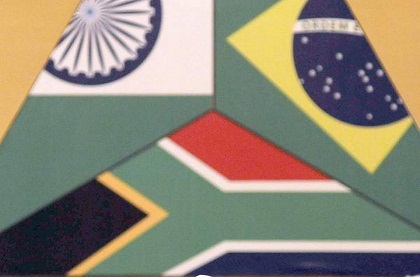 Courtesy:
Courtesy:
Why this unique grouping of India, Brazil and South Africa must be revitalised
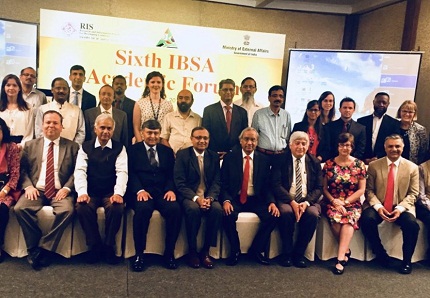 Courtesy: RIS
Courtesy: RIS
The following are remarks given by Ambassador Rajiv Bhatia, Distinguished Fellow, Foreign Policy Studies, Gateway House at a panel discussion on ‘Contemporary Global Governance and the Role of IBSA’, at the IBSA Academic Forum hosted by RIS and the Ministry of External Affairs, Government of India.
Egypt, which is the 2019 chair of the African Union, is critically positioned to exert a geostrategic influence across Africa. In a conversation with Gateway House, Egyptian ambassador to India, Dr Heba Salaheldin Elmarassi, spoke on a wide range of issues that link India and Egypt, including trade, investment and security, North Africa’s political turbulence and the expanding Chinese footprint in the continent
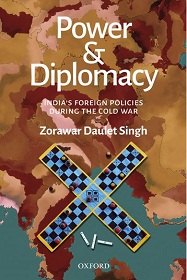 Courtesy: Oxford University Press
Courtesy: Oxford University Press
This account of India’s foreign policy under Jawaharlal Nehru and Indira Gandhi is an accomplished body of research into a period, usually studied primarily for India’s Non Aligned Movement. The author suggests that Nehru’s larger Asian, more global, view for India has therefore gone unnoticed
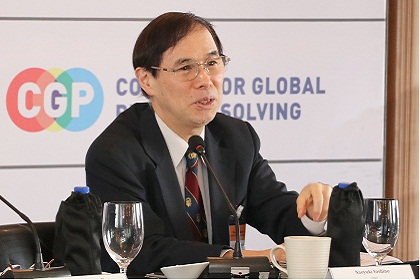 Courtesy: Gateway House
Courtesy: Gateway House
Naoyuki Yoshino, Dean, Asian Development Bank Institute, outlined some of the issues that will concern Japan, which is president of the G20 this year. He was in Mumbai for the India-Japan dialogue, organised by Gateway House recently
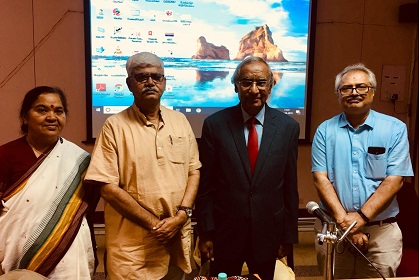 Courtesy: Gateway House
Courtesy: Gateway House
This lecture, which covers the genesis and much larger profile of the Act East Policy (AEP) in relation to its predecessor, also explains its defining points of divergence and emphasis
 Courtesy: ibctrain.com
Courtesy: ibctrain.com
The main objective of the Shanghai Cooperation Organisation’s (SCO) Energy Club, when Russia formed it, was to market its member states’ substantial oil and natural gas reserves. This map shows some of the important natural gas pipelines, originating from Russia and its neighbouring countries that are not members of the SCO. What can India do to secure supplies from these abundant but currently inaccessible natural gas reserves?
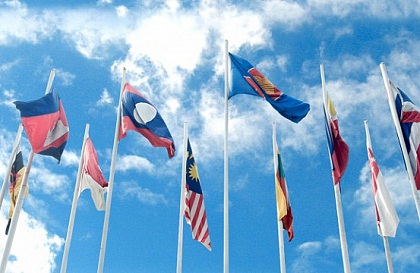 Courtesy: The Diplomat
Courtesy: The Diplomat
Philippines, Cambodia and Lao PDR face a range of development challenges at home even as they respond dynamically to shifting priorities in external relations. With U.S.-China competition increasingly shaping this part of the world, will India provide some balance? An insider’s account of how three less noticed ASEAN countries are coping with geopolitical changes
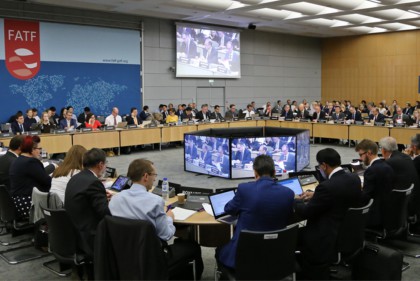 Courtesy: Radio Farda
Courtesy: Radio Farda
After the Pulwama attack of 14 February 2019, Pakistan has come under the international scanner for its support and financing of terrorist groups. At a meeting of the Financial Action Task Force (FATF) in Paris last week, it was pulled up for its inability to choke terrorist financing. This primer illustrates the role of the FATF in tackling terrorist financing and money-laundering, and studies its recent review of Pakistan
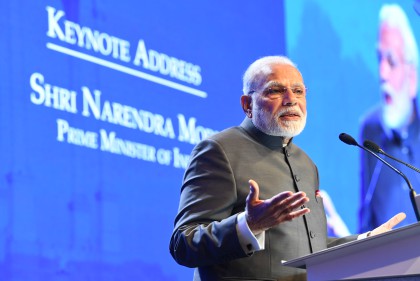 Courtesy: MEA Flickr
Courtesy: MEA Flickr
The key global powers are redefining their roles in the Indo-Pacific to promote national interest. China’s rise and increased activism in South Asia and the Indian Ocean region is an uncontested reality even as Asian countries worry about the new cold war in which the U.S. and China are locked. The Quadrilateral Dialogue has reemerged to prevent a unipolar Asia — these are some of the trends unfolding in this arena